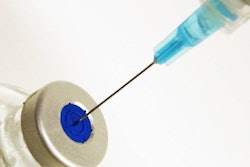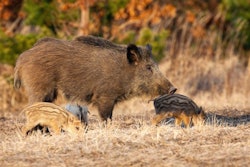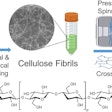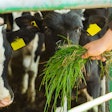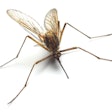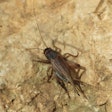
Pop star posts on Instagram about being ‘attacked’ by wild pigs in Barcelona, showing the widespread problem of the porcine pests
Maybe pop star Shakira can raise awareness of the problem of wild boar.
According to reports, the Colombian singer was recently “attacked” in Barcelona by two wild boar who also stole her bag, which was later recovered.
“Look at how two wild boars, which attacked me in the park, have left my bag,” Shakira said in her Instagram story on September 29. “They were taking my bag to the woods with my mobile phone in it. They’ve destroyed everything.”
The BBC reports that the wild boar population in Europe is estimated to be more than 10 million. In cities, they disrupt traffic, attack small animals and rummage through trash.
That’s right, they rummage through trash in cities. To anyone in the animal health and agriculture industry, this should set off all kinds of alarm bells. With African swine fever (ASF) spreading through Europe and threatening the continent’s pork industry, this is a major biosecurity problem. It is known that ASF can be spread through swill feeding and that boar are especially adept at passing on the disease to domestic pigs.
Not only do wild boar spread diseases; their foraging habits can ruin crops, increase erosion and cause carbon dioxide to be released from the soil. They even sometimes prey on small livestock. And they reproduce rather quickly, producing two litters of four to 10 – or even up to 20 – piglets per year in good conditions.
So the issue of wild boar terrorizing city dwellers in Europe is more than just fodder for Instagram content, and it is not just an inconvenience or a hassle. It is a much bigger issue that needs to addressed by leaders and the animal agriculture industry in every country where boar are common.
In fact, in North America, which remains free from ASF, one of the biggest concerns in the pig industry is the risk that wild boar pose to swine farms. Leaders on both continents, as well as in Asia and Africa, need to take these risks seriously, and the swine industry needs to press them to do so. It’s no small problem, and it can only get worse if left unchecked.


